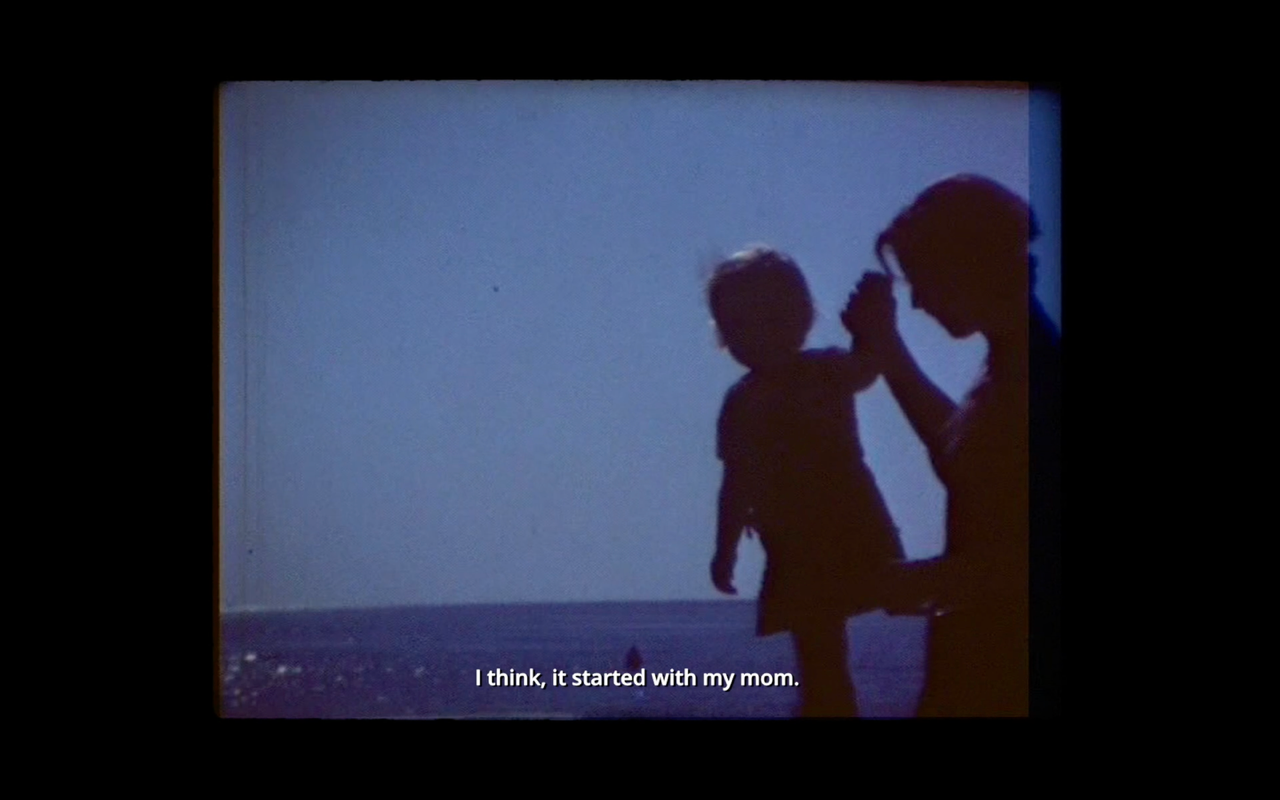Motherhood in cinema is often a side-plot – this PhD project in Artistic Research seeks to change that. Through collecting, writing, and “doubling” as methods, it explores the maternal experiences of three filmmakers and how these complex realities can take shape in a hybrid film blending fiction, documentary, live action, and animation.
The research addresses a gap in representation, where female doppelgängers and alter-egos are rarely linked to motherhood, despite its deeply transformative nature– an obvious foundation for doubling. When female doubles do appear, they are often cast as antagonists. This project takes a different approach, using interviews, video recordings, animated investigations, and personal reflections to explore the challenges of balancing motherhood and filmmaking. By aligning maternal experience with cinematic doubling, it highlights the multifaceted roles women navigate in both fields.
The project engages with filmmakers and artists who challenge conventional portrayals of motherhood, such as Chantal Akerman and Sarah Polley. While short- form animation by artists such as Shira Avni and Toril Kove has explored caregiving perspectives, hybrid long-form representations remain rare. Influences also include literary works on motherhood, identity and doubling, such as Matrescence by Lucy Jones and August Blue by Deborah Levy.
Rather than aiming for a traditional completed film, the outcome prioritizes process. It includes a synopsis and excerpts from the evolving script Make Her See, alongside documentary footage, interviews, animation tests, and live-action experiments.Incorporating doppelgängers and animated alter-egos, the project blends realism and surrealism to examine a woman’s vulnerabilities and resilience as she redefines herself.
This artistic research expands representation of motherhood in mixed media film, connects maternal experience to cinematic doubling, and opens new possibilities for nuanced maternal narratives.
Denise Hauser is a filmmaker and the first PhD candidate in Artistic Research at NTNU’s Institute of Art and Media Studies, now in her final year. Her short films have screened at over 100 international festivals. Working across live action, animation, and hybrid forms, she explores interdisciplinary approaches, including the interplay between dance and filmmaking and the combination of digital and analogue techniques to expand visual storytelling. Alongside her artistic practice, she has lectured at Høyskolen Kristiania and NTNU and worked as an assistant professor in Film & TV production at Nord University. In the commercial sector, she has directed films for institutions such as the Smithsonian Archives of American Art and DOGA Norway. Hauser holds an MA in Directing Animation from the Royal College of Art and a BA in Graphic Design from Central Saint Martins College of Art & Design.
In my second-year PhD presentation, I will discuss my methods and artistic processes using specific audio-visual experiments as examples. I will address current challenges and propose potential solutions. Additionally, I would like to engage in a dialogue about ethical considerations and concerns, some of which are: What are the ethical ramifications of materializing the experiences of others?

